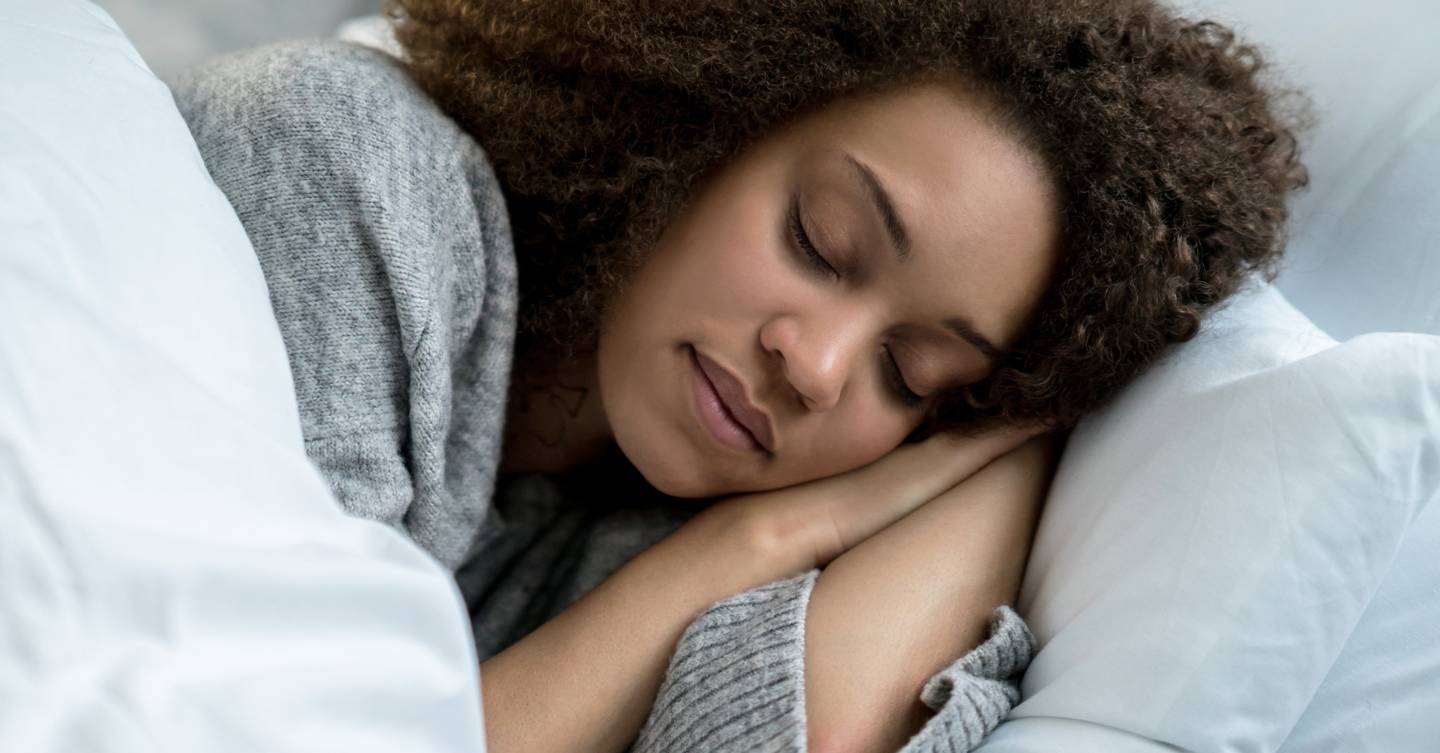We’re a nation of bad sleepers. Statistics on how many of us are struggling to get a good night’s kip are always pretty somber, but since the pandemic and subsequent lockdowns, they’ve become downright depressing.
Insomnia linked to lockdown – or ‘Coronasomnia’, because we’ll never get sick of a pandemic portmanteau – has unsurprisingly soared over the past 16 months, thanks to our disrupted routines and heightened anxiety. Last August, the University of Southampton found that 1 in 4 of us were suffering with insomnia, up from 1 in 6. The word ‘insomnia’ was Googled more in 2020 than ever before.
We usually think that a pattern of poor sleep can be fixed if we get a solid 7 hours the following night, but our bodies take time to recover. One study found that it takes four days to fully recover from just one hour of lost sleep.
A chronic lack of sleep creates a ‘sleep deficit’ in which our bodies can’t catch up. Most of us try and make it up on Saturday and Sunday, but sleeping too long on the weekends mean we find it hard to drift off on Sunday night, and the cycle of sleep starvation continues.
“Sleep deficit – or sleep debt – is the increased effect of us not meeting our individual sleep need in terms of quantity and quality,” explains sleep expert James Wilson, AKA The Sleep Geek. “I prefer the term ‘sleep deficit’ as the use of the word ‘debt’ gives the impression it can be ‘paid off’, which we often try and do on our days off with a lie in. This inconsistent routine then impacts on both the quality and quantity of sleep and we get into a cycle of poor sleep driven by these behaviours.”
Though life may be starting to get back on track for most of us, the pandemic’s effect on our sleep isn’t going anywhere, particularly with the rise of the Delta variant and concerns around restrictions lifting on 19th July.
“The stress and anxiety of the pandemic has had a negative impact on our sleep as the hormones created when we are stressed or anxious counteract the hormones that help us sleep,” says James. “So worries about returning to work, furlough, the health of our loved ones, job security, and spending more time at home mean our bodies are often not in the right state for sleep, making falling asleep and staying asleep harder for some.”
The key to fixing your sleep deficit is to establish a healthy sleep routine, so you can gradually start to make up the lost hours. Here’s how, according to James…
Stick to a sleeping pattern
Consistency is key, particularly when it comes to what time you wake up. A consistent sleep routine counteracts sleep deficit and let’s our body get into a healthy rhythm. Laying in to try and catch up on sleep only makes sleep worse in the long term.
Learn your ‘sleep type’
Understand your sleep type and ensure your routine fits to that type as much as possible. Are you a…
- Late type (owl): you go to bed after 11pm and wake up after 8am.
- Early type (lark): you like to be in bed before 9.30pm and get up between 4-6am
- Somewhere in the middle (typical), which most of us are.
Think of sleep type as a line, and we all sit on that line somewhere.
Establish a healthy pre-bed routine
Make sure you are winding down before bed. Think about what you are doing, if you watch the news before bed, then maybe switch it to a comedy, don’t get angry at people on social media, use a meditation app to encourage relaxation and don’t be doing work then expect to drop straight off to sleep, try having a bath or shower to drop your core temperature.
Don’t be so hard on yourself
Understand we cannot force ourselves to sleep. The harder we try, the harder it gets. So if you are in bed for half an hour and not asleep we need to start again. Let your mind wander not wonder. A good tip is to listen to something, maybe a spoken word book, that you have already read, that drops your heart rate and gets you nice and relaxed.
Tune into your sleep needs
Understand how much sleep you need. Remember that sleep need is as much about quality as it is about quantity. To work this out consider how you feel at 10/11 in the morning. If you feel energised and alert you have probably had enough sleep, if you don’t then you probably haven’t. Sleep is not about how much, but about how we feel.
